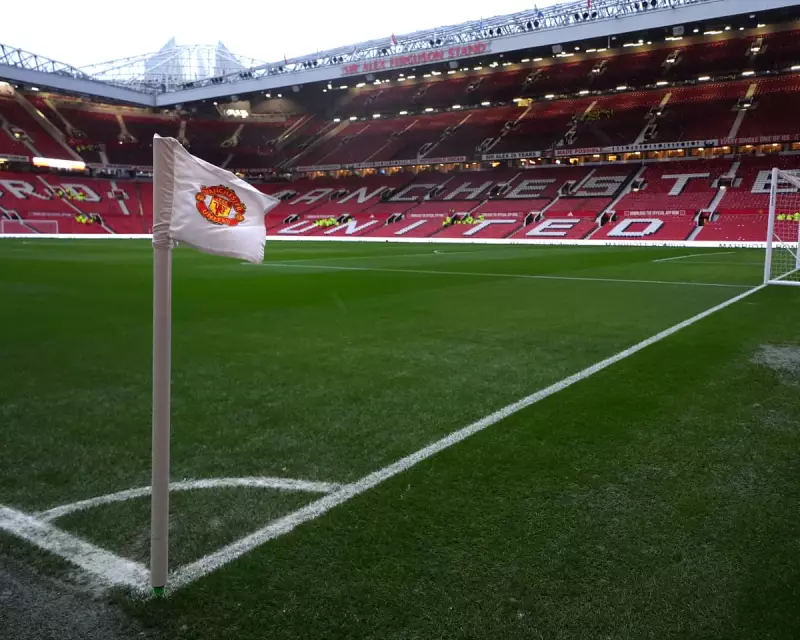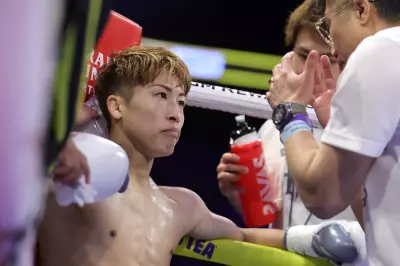
English football is poised for its most significant financial shake-up in years after Premier League shareholders voted to tear up the existing rulebook. At a pivotal meeting on Monday, clubs agreed in principle to replace the current Profit and Sustainability Rules (PSR) with a new system modelled on UEFA's squad cost ratio.
A New Era for Financial Control
The decision signals a fundamental shift in how clubs' spending will be regulated. The proposed new framework would limit spending on player-related costs—including wages and transfer amortisation—to a percentage of a club's total revenue. This move aligns the Premier League more closely with UEFA's financial sustainability regulations, potentially simplifying compliance for clubs competing in European competitions.
Closing the Loopholes
The current PSR rules, which allow losses of up to £105 million over a three-year period, have faced mounting criticism. Detractors argue they entrench the dominance of wealthier clubs with larger revenue streams and have proven difficult to enforce consistently. The new squad cost ratio aims to create a more level playing field and prevent the kind of creative accounting that has tested the limits of the old system.
The key change: Instead of tracking overall losses, the league will focus directly on the relationship between a club's income and its player expenditure. While the specific percentage is yet to be finalised, it is expected to be phased in gradually.
What Happens Next?
While the principle has been agreed, the devil will be in the details. The coming weeks will see intense negotiations to finalise the specific threshold for the spending cap and the timeline for implementation. Further shareholder meetings will be required to ratify the finalised regulations.
This landmark vote represents a conscious effort by Premier League clubs to modernise their financial governance. The outcome could redefine transfer market strategies and wage structures for years to come, fundamentally altering the financial landscape of the world's most-watched league.





